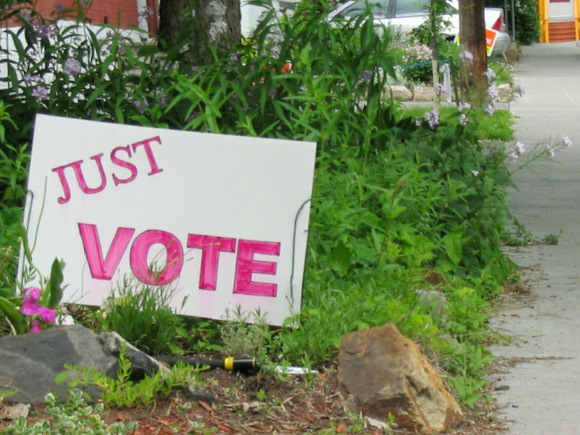
The world of email marketing for politicians is still a relatively new one, but it is growing fast.
More than 13 million people provided their email addresses to Obama for America during the last election campaign in 2008. According to Blue State Original, who worked for the Obama campaign “the campaign sent more than 7,000 different messages, many of them targeted to specific donation levels — for example, people who gave less than $200 or more than $1,000. In total, more than 2 billion emails landed in supporters’ inboxes.”
That kind of marketing prowess is bound to have an impact also on the upcoming campaign – and the precedent it sets is sure to affect campaigns at all levels – from local races to the national stage.
How Can Politicians Benefit from Email Marketing?
As with other types of marketing, the right market research can mean the difference between success and failure when it comes to a political campaign. It is essential for political campaigns to understand that their supporters have different concerns, and that different people can support the same politician for vastly different reasons.
Some supporters may give to a campaign because they are concerned about taxes or fiscal policy, while other supporters are more engaged on social issues. Surveying those supporters and segmenting them based on their concerns is one of the best ways to make sure that every message they receive is relevant. That relevancy can have a huge impact on response rates and fundraising, so it is essential to get this part right.
Timing is an important consideration as well. Political campaigns must walk a fine line between overwhelming supporters with unwanted messages and having those supporters forget about the campaign altogether. One strategy is to set up an auto-responder to welcome new supporters. That auto-responder should also contain a call to action, such as an invitation to visit the candidate’s website or make a donation. After that, campaigns can craft their messages as issues arise – making sure that each message is targeted specifically to the proper segment of the mailing list.
What Should the Email Campaign Entail?
A great subject line is just as important to a political campaign as it is to a traditional business. Many people scan their email boxes quite quickly – using an attention-getting subject line is the best way to ensure your message gets through.
Keep the subject line short, generally between 30 and 50 characters. Long subject lines are likely to be ignored or simply deleted unopened. Politicians should be sure to use subject lines that accurately reflect the content of the email, and that portray a sense of urgency. Political campaigns often use email marketing to respond to recent events – including a reference to that day’s news can be quite effective.
Making the email from a particular person can also be effective. Again, many people scan their incoming emails quickly, and they may automatically delete emails that appear to be from do not reply sources. Using a name can improve response and open rates.
It is also a good idea to keep the emails short and to the point. If you have properly segmented your mailing list, each email will be relevant to the recipient. Making your point quickly allows recipients to act quickly – whether that means making a monetary donation, ordering a lawn sign or participating in an upcoming rally. Campaigns should also be sure to optimize their emails for mobile use, since many supporters are likely to check their emails on the go.
Campaigns should be sure to include an easy to find donation button on each email. Raising money is critical to success in the modern era, and politicians need to make it easy for supporters to donate to the cause. It is a good idea to include several different donation levels to accommodate all supporters. Including a low amount is a great way to encourage people to give.
In some ways, email marketing for politicians is not much different from other forms of email marketing, but there are some key differences. Politicians need to engage their email recipients – making them feel like they are part of the conversation and not just a source of funds. The campaigns who can achieve that goal are likely to see their donations rise – and possibly their politician fortunes as well.